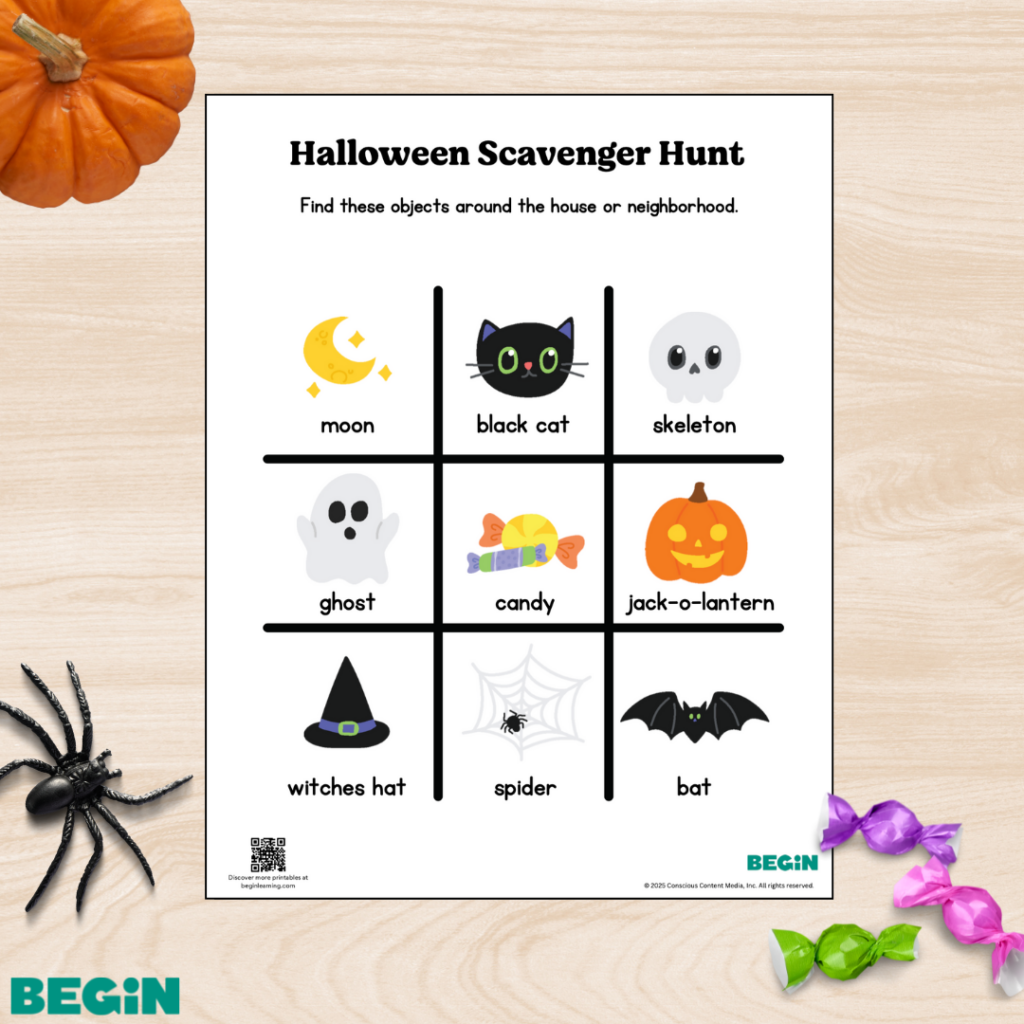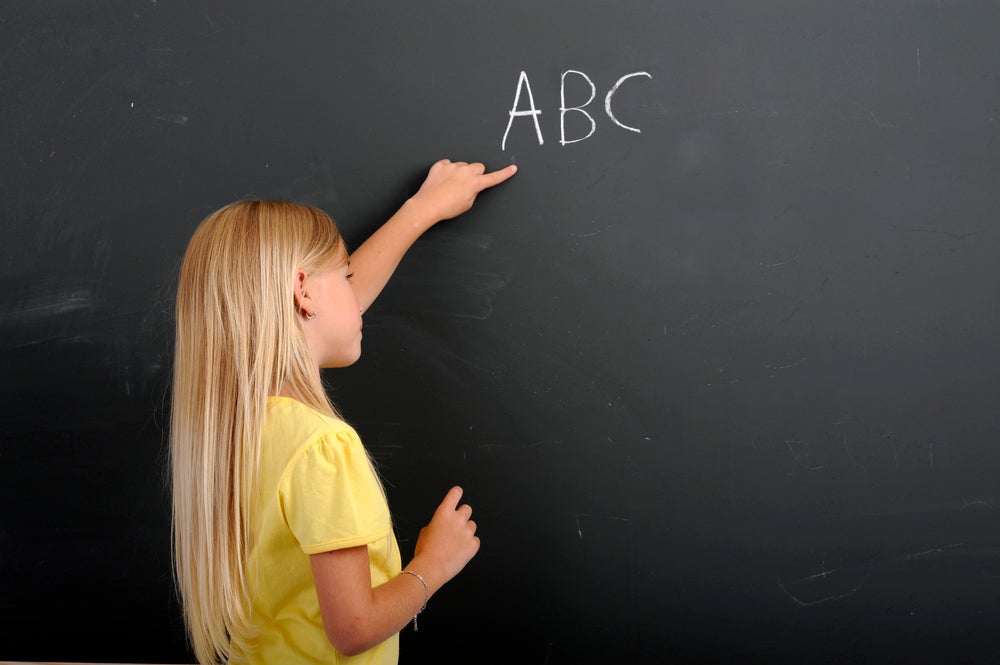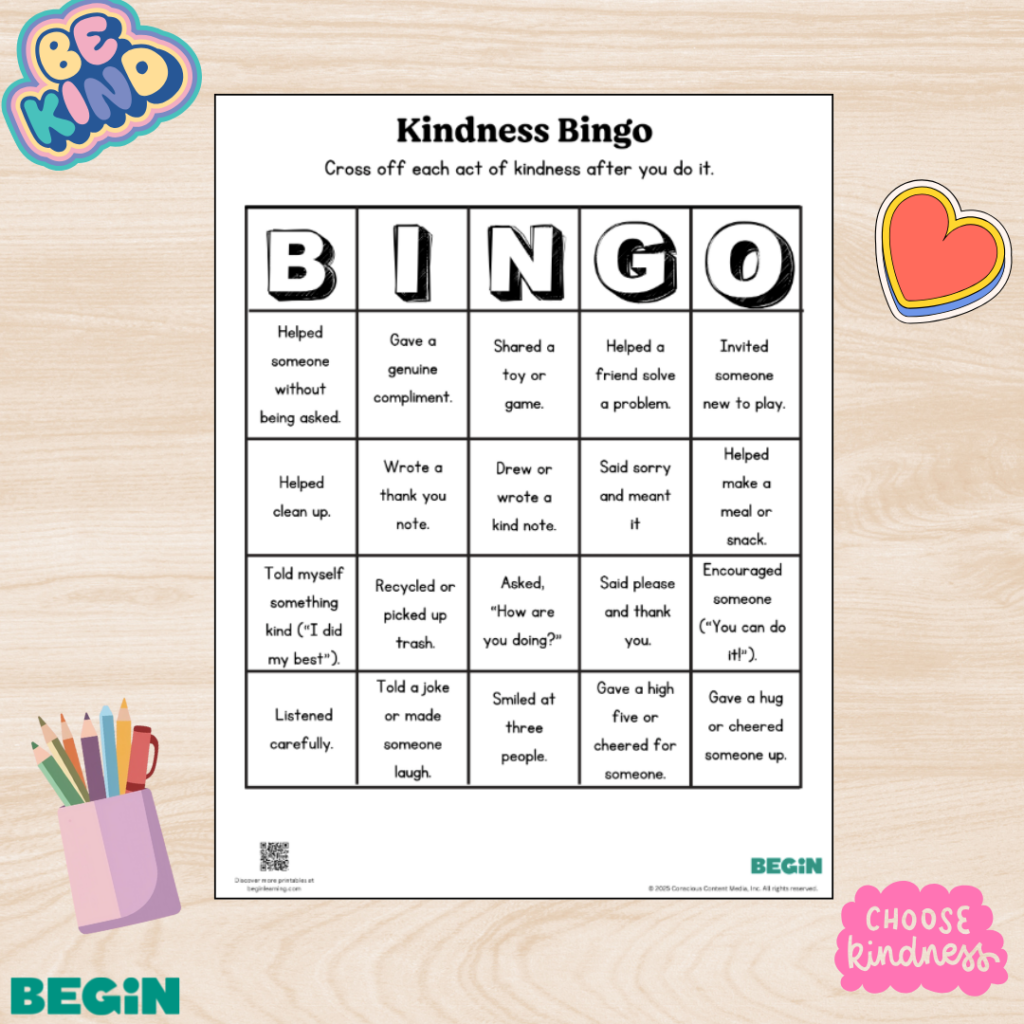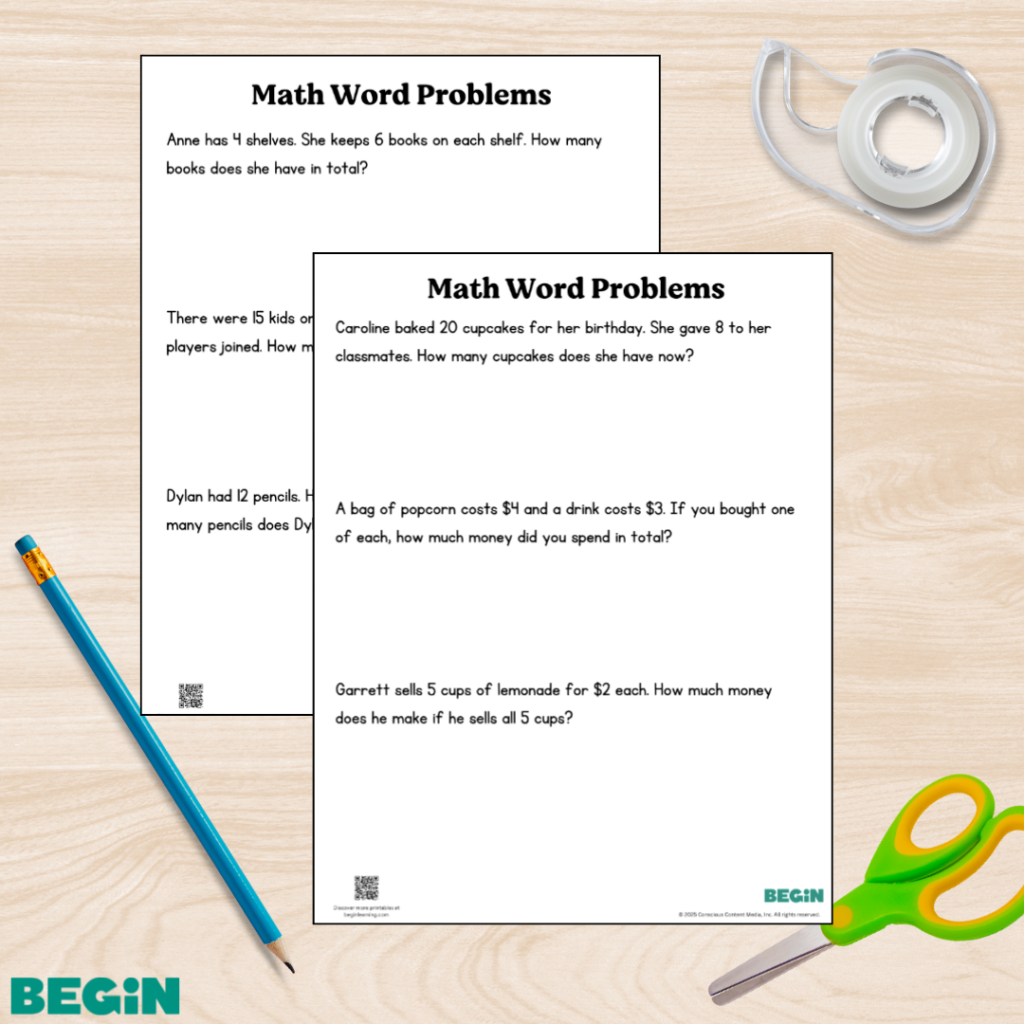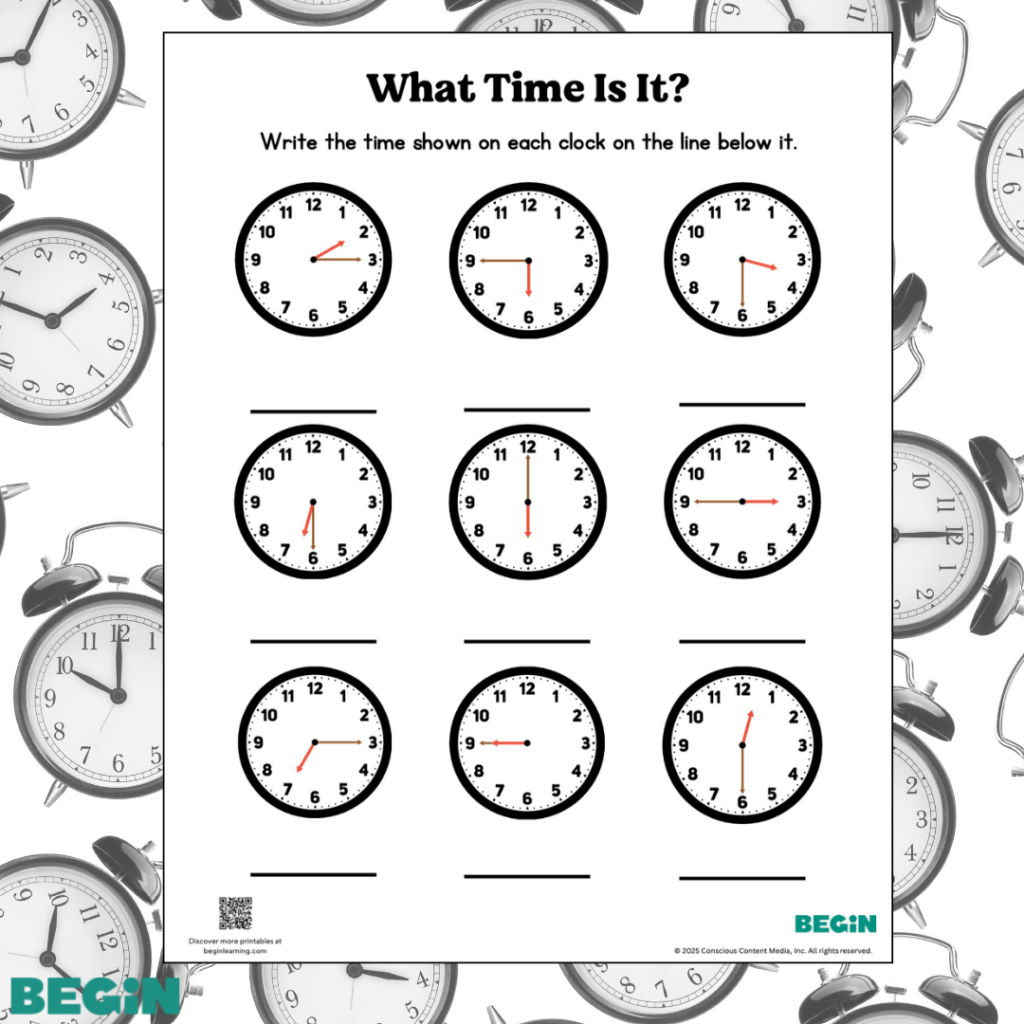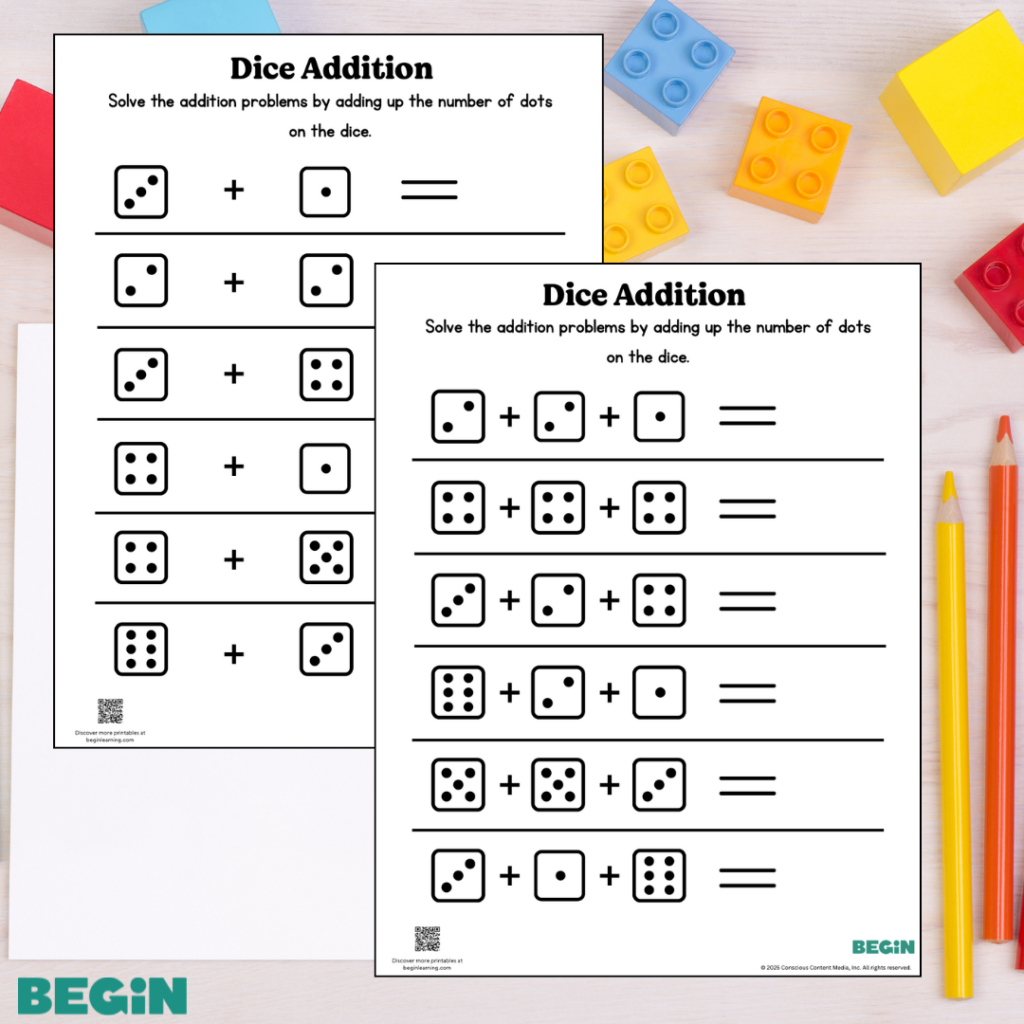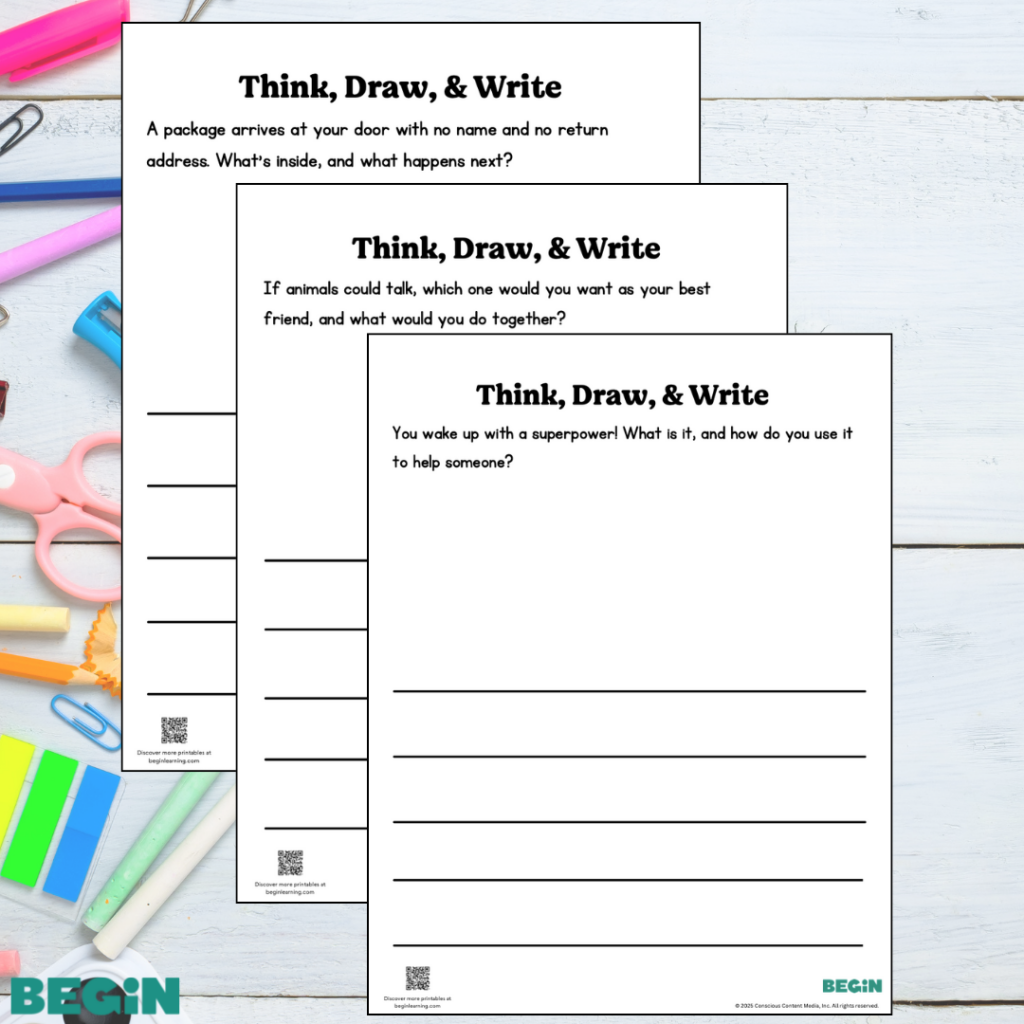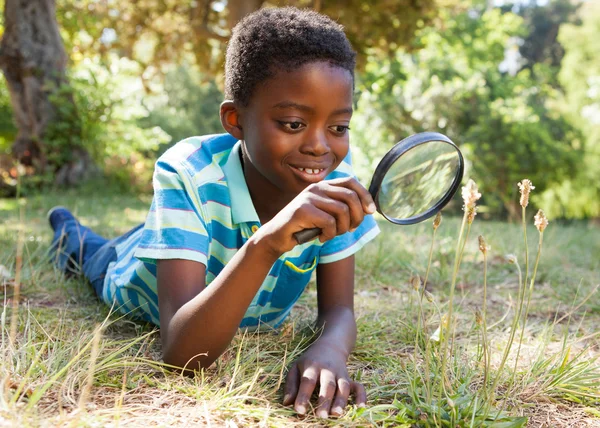Developing a growth mindset for kids helps unlock a love of learning, encourages kids to embrace their natural curiosity, and leads to better learning outcomes. Instead of quickly giving up when faced with challenges, kids with a growth mindset persevere.
Research shows that this incredible way of thinking can help your child gain the confidence and courage to take on any challenge that comes their way.
In this article, our Co-Founder Stephanie Dua and Chief Learning Officer, Dr. Jody LeVos share some of their favorite tips to help your child develop this invaluable skill.
What Is A Growth Mindset?
A growth mindset helps us shift how we view our potential. It allows us to see that our abilities can improve with effort and the right strategies. This mindset focuses on personal growth, and helping your child develop it from a young age can set them up for success.
The growth mindset is a concept that was first developed by psychologist Carol Dweck and then popularized in her book Mindset: The New Psychology Of Success. Dweck highlights that there are two different mindsets — a growth mindset and a fixed mindset.
According to Dweck, “In a growth mindset, people believe that their most basic abilities can be developed through dedication and hard work — brains and talent are just the starting point. This view creates a love of learning and a resilience that is essential for great accomplishment.”
On the other hand, a fixed mindset is when individuals believe that their essential qualities (like talent or intelligence) are fixed traits. They also believe that talent alone creates success.
Why Is A Growth Mindset Important For Children?
It Helps To Build Their Self-Esteem
Self-esteem influences what we think about ourselves and the way we behave. It also relates to motivation and success.
When children have a healthy and positive view of themselves, they are more willing to try different activities or new challenges and continue developing their self-esteem.
This is especially true when it comes to their engagement with learning. A growth mindset leads to a passion for learning and personal development, while also building confidence and a resilient sense of self in the face of adversity and criticism.
It Encourages Them To Work Hard And Not Give Up
Putting in effort and working hard are essential parts of achieving the goals we set for ourselves.
Since children with a growth mindset understand that a lot can be accomplished from hard work, they are more likely to put in more effort when taking on tasks. However, although effort is essential, it’s critical not to make it the only focus.
Dweck highlights that “Too often nowadays, praise is given to students who are putting forth the effort, but not learning, in order to make them feel good in the moment: ‘Great effort! You tried your best!’”
Instead of just focusing on effort, it’s essential that a child learns and grows from their setbacks.
For instance, when they’ve tried hard and are stuck, after praising their effort, you can then add something along the lines of, “Let’s think about what you’ve been doing and what you can try now.”
It Gives Them Courage To Take On Challenges

Setbacks are a part of life. If your child begins to embrace these challenges and view them as learning opportunities, there’s no telling how far they can go!
According to Dr. Jody LeVos, “Helping to foster a growth mindset means we’re developing in children the ability to bounce back after disappointments and to see themselves as life-long learners (as opposed to having a ‘fixed’ mindset that they’re either smart or not).”
How To Foster A Growth Mindset For Kids
1) Read Books With Characters Who Overcome Challenges
There is so much literature with main characters that model the growth mindset!
From the dreaming Enna in I Can’t Do That, Yet to the endearing ups and downs of Everyone Can Learn To Ride A Bicycle, your little one will enjoy hearing incredible stories about these determined individuals who put a lot of hard work into accomplishing their goals.
After reading these books, discuss the challenges the characters overcome to achieve their goals.
The more kids are exposed to stories of people who’ve overcome obstacles, the more they’ll believe that they can overcome their own challenges.
2) Focus More On Effort And Process Than Results
If your child didn’t put in a lot of effort yet still managed to achieve a good grade in school, it could be tempting to use language like, “You’re a natural.”
While getting good grades should be celebrated, it’s also essential to help your child understand the importance of effort.
So, remember to praise them even if they don’t achieve their goals. If you noticed them studying or practicing hard at something, celebrate it!
One way to do this is by helping your child think of effort as currency — a tool that helps us get what we want. Avoid the fixed-mindset view, which sees effort as worthless or having minimal impact.
You can also try the Process Praise method, in which you praise the way a child did something more so than the results they got. For example, you might give them credit for the method they used to solve a math problem, not just for getting the answer right.
3) Avoid Labeling Your Child
Words can have a significant impact on how a child thinks or feels about themselves. While most parents are aware of this, it’s not always so clear.
Have you heard people use phrases like, “Stick to what you’re good at,” or “Everyone can’t be good at science”?
While a parent might say these things with good intentions (to help a child feel better about not doing well at a task), they can send your child the message that they shouldn’t try if something doesn’t come naturally to them.
Instead of labeling your child, support them in using their strengths to build confidence and work around the things that come harder to them.
For example, instead of saying, “Everyone can’t be good at science” when your child gets a disappointing result, try “Well it’s exciting to have something that challenges you. Next time you’ll be ready.”
4) Encourage A Healthy Attitude Toward Challenges And Obstacles
Challenges and obstacles are inevitable. We recommend encouraging your child to embrace rather than avoid challenges. Praise them when you see them taking on a new challenge.
Help frame obstacles as something your child can deal with rather than allowing them to give up. Explain that obstacles can help us find different strategies for doing something and that we’ll be stronger after we’ve figured out a way to overcome them.
Here are a couple of ways you can achieve this with reading:
- Help your child set new goals to improve their reading (e.g., reading a page a day, rereading texts to help build fluency, etc.)
- Encourage them to try new strategies, like asking questions in class or at home when they don’t understand something
When your child achieves their goal of learning how to read, they will start to understand the importance of not giving up.
5) Model The Growth Mindset

Children are very observant. The more you step out of your comfort zone and challenge yourself, the more your child will understand that there’s nothing wrong with challenges.
HOMER Co-Founder and President Stephanie Dua had this to say on the subject:
“First and foremost, we need to avoid modeling a fixed mindset. Children are watching everything we say and do. When as adults we say, ‘I am not good at math,’ it teaches our children to believe that skills are fixed. Instead try saying, ‘I’m still enjoying learning about math,’ or something more open-ended to instill the idea that learning is a lifelong skill.”
Grownups can model a growth mindset by highlighting their efforts and not just their results, by talking about the different strategies they used to reach their goals, and by talking about their capabilities and their optimism for the future.
What To Do When Your Child Faces An Obstacle
As adults, we know that just because you work hard at something and continue trying new things doesn’t mean that everything will always work out.
How can we help our kids come to accept this? Let’s take a look!
Encourage Introspection And Accepting Criticism
Introspection is an essential part of a growth mindset for kids, as is constructive criticism.
“Could I have worked harder?” and “What can I do differently next time?” are some simple questions that can help children learn and grow from their failures.
Teach your child that criticism can be tremendously helpful as a way to improve. Try to provide gentle, constructive criticism and help your child see it as an opportunity to do something better next time.
Highlight Their Progress Despite The Failure
If the goal was to read fluently by summer but they haven’t achieved it, there may be other essential milestones to highlight.
For instance, they might have learned how to pronounce many new words, or maybe they now understand rhyming. It’s essential to help your child realize how far they’ve come.
Reinforce “Yet”
Just because they can’t ride a bike right now doesn’t mean they’ll never be able to. Just because algebra seems confusing right now doesn’t mean it will always be that way.
The word “yet” should constantly be reinforced so that your child remembers there is always room for improvement.
A Growth Mindset For Kids Is The Way To Go!

The mind is a very powerful tool, and helping your child develop a growth mindset can set them up for an incredible learning journey!
According to Ms. Dua, “A growth mindset instills resilience, confidence and develops a true love of learning. A child that loves to learn is empowered to find answers, break down obstacles and apply solutions.”
While you’re guiding your child, remember that it’s OK for them not to be fully on board with this mindset. It’s not easy to take on challenges!
Continue encouraging and praising their efforts and, soon, you’ll have cultivated a life-long learner in your home.
The Learn with Sesame Street app is an effective tool that helps kids learn and develop their social and emotional skills. With the help of their Sesame Street friends, kids learn how to express their emotions, empathize with others, and create healthy relationships. Explore the Learn with Sesame Street app today!





